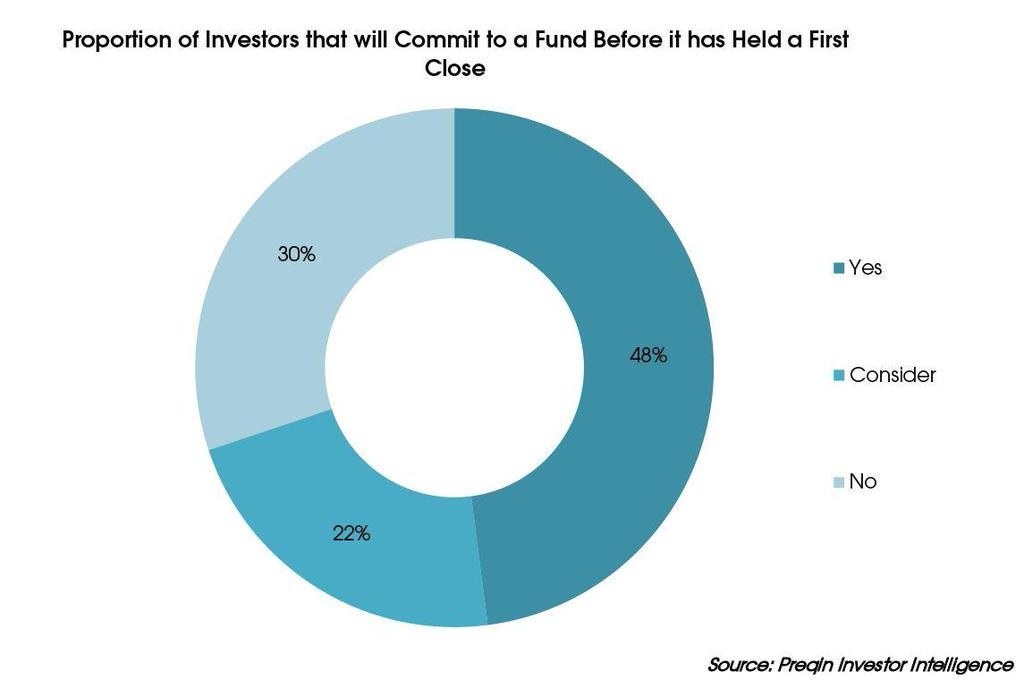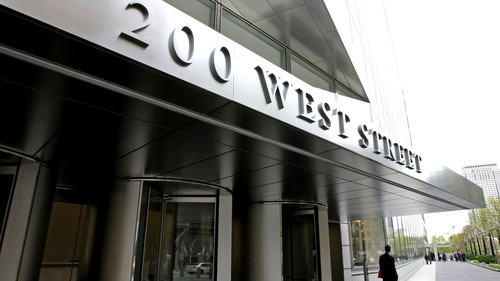Private Equity Payouts Leave the Rest of Wall S the Dust
Post on: 17 Июнь, 2015 No Comment

In many ways, Lloyd C. Blankfein and Stephen A. Schwarzman are similar. Both are senior statesmen of Wall Street, both at the helms of powerful financial firms.
But there is at least one big difference, as recent pay disclosures have made clear. Mr. Blankfein, the chief executive of Goldman Sachs. earned roughly $30 million in 2014, including his salary, bonus and dividends.
Mr. Schwarzman, the chief executive and co-founder of the private equity giant Blackstone Group. received about $690 million.
The gulf between the earnings of the two men illustrates the power of dividend income for private equity’s top brass. Mr. Schwarzman and his private equity rivals at Kohlberg Kravis Roberts, Apollo Global Management and the Carlyle Group retain large stakes in their firms after founding them.
Mr. Blankfein, the steward of a 146-year-old firm, owns less than 1 percent of Goldman’s shares, and dividends were a relatively small slice of his overall take.
The big private equity firms were able to generate large amounts of cash last year by selling their holdings during a buoyant stock market, providing hefty payouts to their founders. Henry R. Kravis, a co-founder of K.K.R. received about $220 million. Leon D. Black, the chief executive and co-founder of Apollo, took in $331 million .
The bulk of these payouts came in the form of dividends, or “distributions” in private equity parlance. Mr. Schwarzman, for example, received $570.5 million of distributions on his 45 percent stake in Blackstone’s partnership shares.
But the private equity chieftains stand out not only for the size of their earnings. They also stand out for the way they pay taxes.
While Mr. Blankfein and other bank chief executives are taxed at ordinary rates on their salaries and bonuses, Mr. Schwarzman and his rivals pay the 23.8 percent federal capital gains tax rate on the bulk of their earnings. This is because most private equity profit derives from income on the firm’s investments, a source known as carried interest, or carry.
The fact that carry is considered capital gains has led to heated debates over the years. Private equity firms earn carry by managing external funds that they raise from investors; these funds invest in companies, real estate, bonds or other assets. The firms collect the carry — generally a 20 percent slice of a fund’s profit — without having to put a commensurate amount of capital at risk.
Critics of the current tax system include President Obama, who has argued for higher taxes on carry. While carry originates from an investment, critics point out that private equity firms get the carry by doing actual work — a feature that should, they say, subject carry to the ordinary rate.
While lawmakers have mounted efforts to change how carry is taxed, none has succeeded. “Proposals to make long-term owners of companies ineligible for capital gains treatment would upend 100 years of tax policy that rewards entrepreneurial risk taking, hard work and vision,” Ken Spain, a spokesman for the Private Equity Growth Capital Council, the industry’s lobbying group, said in a statement.
In Blackstone’s case, roughly 60 percent of the firm’s income in 2014 came from investment sources and would be subject to capital gains taxes, according to a person briefed on the matter who was not authorized to speak publicly.

That means about 60 percent of Mr. Schwarzman’s $570.5 million of distributions is subject to the capital gains tax rate. The remaining 40 percent, which derives from sources like management fees and advisory fees, would be subject to the ordinary rate.
Distributions from profit aren’t the only way Mr. Schwarzman and other private equity chiefs access their firms’ carry. They also, in general, have a more direct channel that gives them a slice of carry before it flows down to the bottom line.
Mr. Schwarzman directly got $84.8 million of carry, which is subject to the capital gains tax rate. Mr. Kravis similarly got $63.4 million of carry in this way.
On Tuesday, at a symposium in Manhattan, Mr. Schwarzman was asked about his nine-figure earnings. Dennis K. Berman, the business editor of The Wall Street Journal, pointed out the difference between Mr. Schwarzman’s payout and Mr. Blankfein’s.
“The reason why I have a lot more compensation than Lloyd,” Mr. Schwarzman said, “is because when you start a company and you own stock in a company, you make that whether you worked or you didn’t work.”
Mr. Schwarzman, who started Blackstone with Peter G. Peterson in 1985, drew a comparison to Apple. He referred to its co-founder, Steven P. Jobs, and its chief executive, Timothy D. Cook.
“It’s no different than if you were Steve Jobs starting his company,” he said, “versus a Tim Cook who’s working there.”














